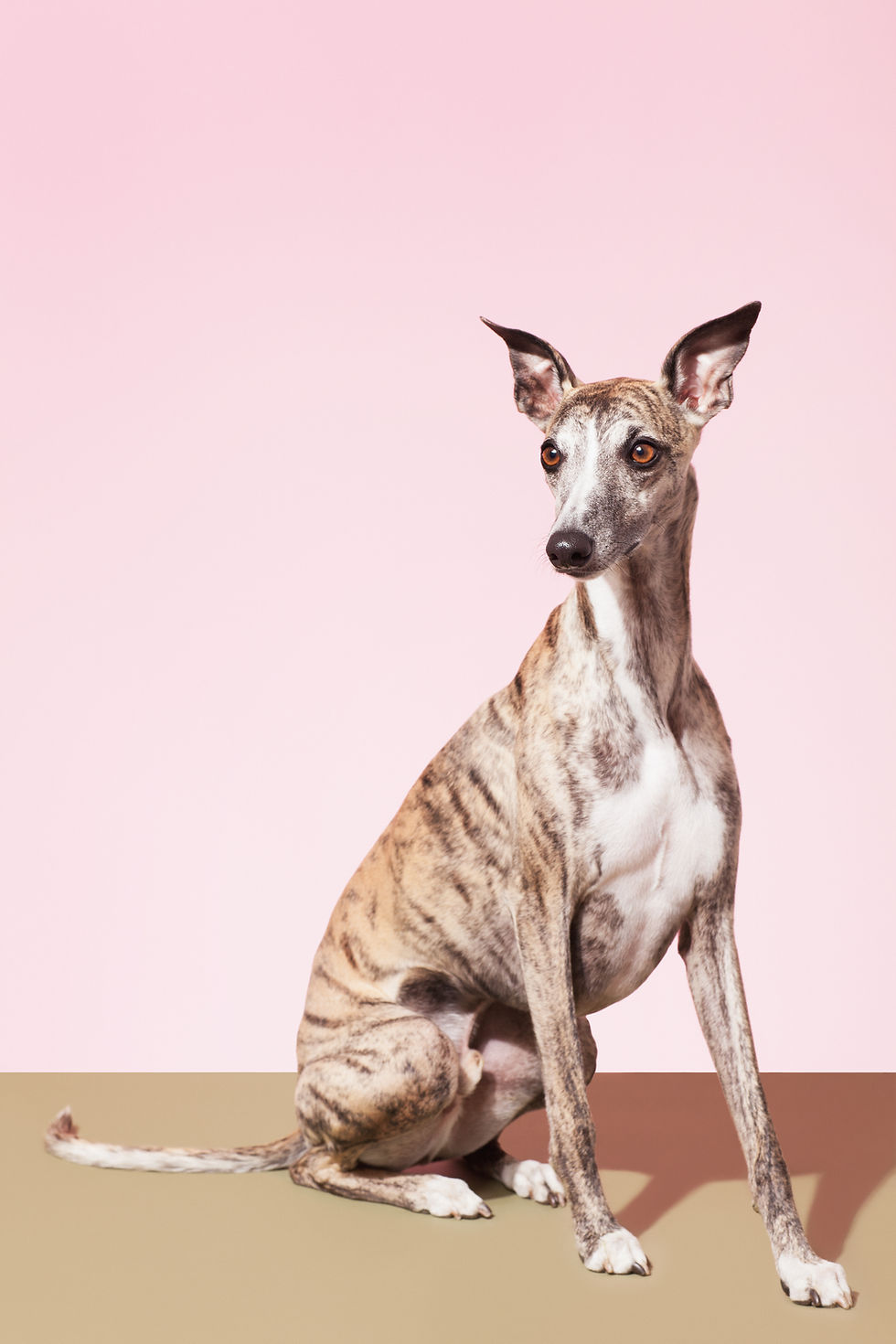Help Raise Awareness For Our Wildlife By Supporting ‘Let Nature Sing’ 😊🕊️
- Jennifer J

- Apr 25, 2019
- 3 min read
The RSPB has a new campaign to help our wildlife, it is called: ‘Let Nature Sing’.
Let Nature Sing is a campaign by the RSPB to get birdsong in the charts.
The idea is to raise awareness about the plight of our wildlife, in a way that can reach millions of people: through music in the charts.
Our wildlife is in desperate need of help, as it is in serious decline. We have lost most of our wildlife that once existed. In total, the UK has lost 56% of its wildlife.
What is remaining of our wildlife is currently in decline.
The destruction of habitats is one of the reasons for causing this decline. Other reasons include things like our use of pesticides, and the way that we garden.
We can help wildlife by the way that we garden. Our gardens can be mini-habitats for wild animals, if we create them to be. There are many ways to help wild animals in our gardens, such as: planting flowers, hedges and trees. We can also help wild animals in the garden by providing food and water for wild animals, providing shelter for wild animals (for example, having bird boxes and bat boxes installed), and, we can make our gardens easily accessible for wild animals.
Things like a hedgehog highway can help hedgehogs: a hedgehog highway provides hedgehogs with easy access into your garden.
Another way to help hedgehogs, is to avoid using harmful chemicals: harmful chemicals such as slug repellent. Hedgehogs eat slugs, and therefore, if you are spraying slug repellent on slugs, hedgehogs are at risk from ingesting the repellent - other wild animals, such as birds, can also ingesting the repellent, which can end up poisoning wild animals like hedgehogs and birds.
Therefore, a good way to help our wildlife is by avoiding using harmful chemicals in the garden, and make our gardens eco-friendly to achieve that.
Our Wild Animals Need Us
Our wild animals need our help. In the UK alone, there are 165 species that are critically endangered in the UK. By being critically endangered, it means that they are very close to extinction, and at risk of becoming extinct in the near future.
Species are categorized by the IUCN Red List.
This is the table of how species are categorized by the IUCN Red List:
. Not Evaluated (NE)
. Data Deficient (DD)
. Least Concern (LC)
. Near Threatened (NT)
. Vulnerable (VU).
. Endangered (EN)
. Critically Endangered (CE)
. Extinct In The Wild (EW)
. Extinct (EX)
When species are categorized as ‘critically endangered’ it means that they are one step away from becoming extinct in the wild. And, if a critically endangered species has no population which is captive - such as a captive population in places like zoos - then the species will become both extinct in the wild, and extinct.
Therefore, when a species is critically endangered, they are in a critical condition, and at risk of becoming extinct: this is true for 165 critically endangered species here in the UK right now.
However, by supporting ‘Let Nature Sing’ with the RSPB, you can help raise awareness about our critically endangered species. By supporting Let Nature Sing, you can also help raise awareness and draw attention to our wildlife which is on the brink of extinction. Music in the charts can draw attention to our wildlife by reaching a wide audience of millions of people across the UK.
The Beauty Of Bird Song
Plus, what is more beautiful than birds singing? Birds singing is nature's way of providing music for us: birds are nature's own singers.
Our world would feel empty without the pleasant sound of bird song.
Our Birds Are Declining Too
Sadly, our birds are also declining too. According to the RSPB, we have lost 40 million birds across the UK, in just the last 40 years.
Therefore, by helping birds, particularly helping them in the garden, you can make a positive difference for our bird population. By providing a home for birds, and other wildlife in your garden, you can help our struggling wildlife.
Where Can You Download Let Nature Sing?
To help Let Nature Sing chart, you can download bird song from the RSPB - here.
Thank You!



Comments